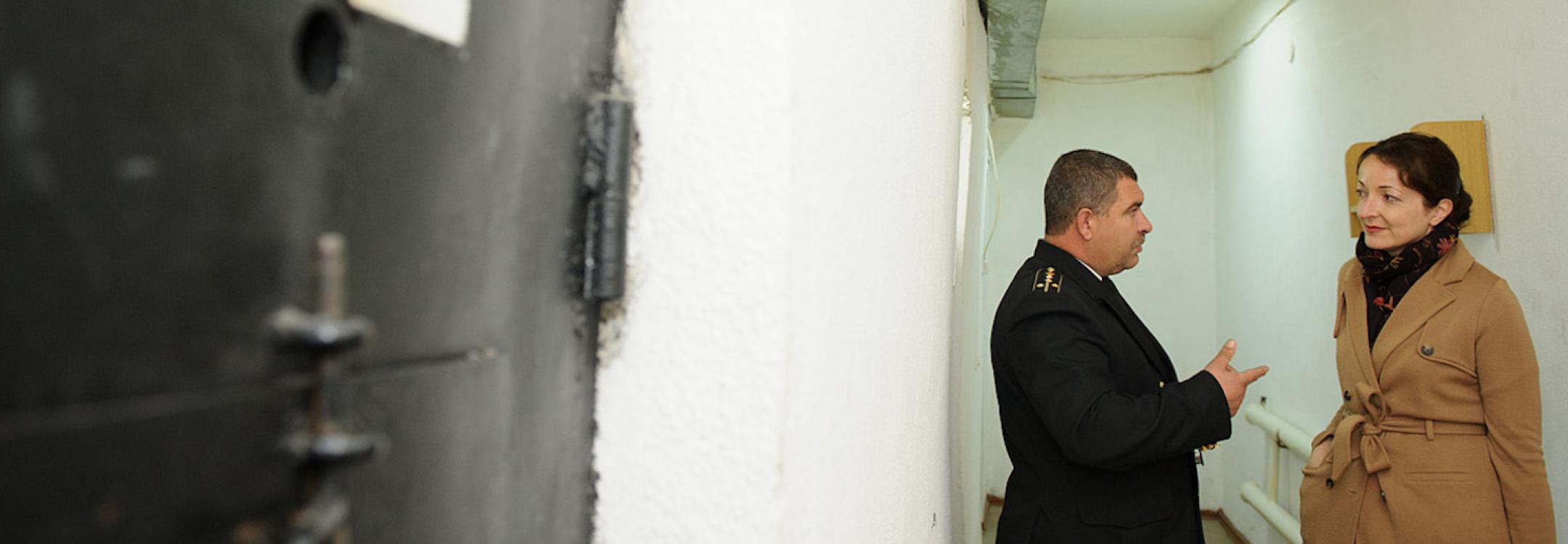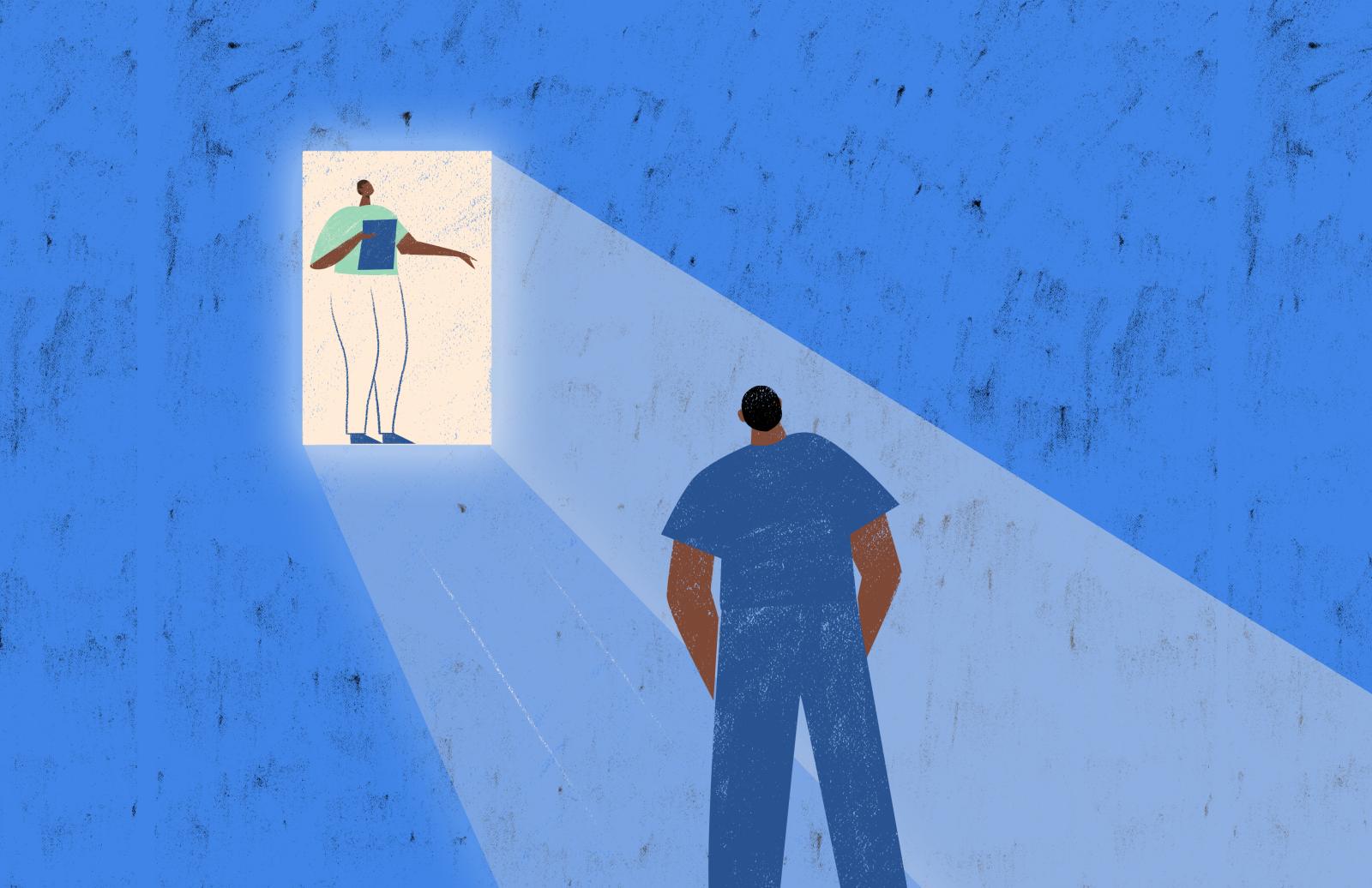
A tortura acontece em segredo, em locais fechados, fora de vista. Abrir os locais de detenção à supervisão independente é uma das estratégias mais eficazes para evitar a tortura e os maus-tratos.
Substituir o sigilo pela transparência era a visão do fundador da APT, Jean-Jacques Gautier. Ele defendia que permitir que equipes independentes monitorassem todos os locais de detenção, entrevistassem as pessoas detidas e coletassem informações ajudaria a reduzir o risco de tortura.
Visitas regulares de acompanhamento para monitorar a implementação das recomendações, apoiadas por um diálogo contínuo e construtivo com as autoridades, também foram fundamentais para promover mudanças positivas.
Essa visão se tornou realidade em 2002 com a adoção do Protocolo Facultativo à Convenção contra a Tortura (OPCAT).
O OPCAT estabelece um sistema de visitas independentes a locais de detenção e exige o estabelecimento de um órgão de supervisão nacional independente, conhecido como Mecanismo Preventivo Nacional (MPN).
HOW WE WORK
We encourage States to ratify the OPCAT and provide them with advice on the designation and establishment of NPMs.
We provide training and support to new NPMs as they develop the systems they need to conduct effective detention monitoring.
We assist NPMs across the globe to support their work and link them with others to build a global community of practitioners for torture prevention.
CHARACTERISTICS OF EFFECTIVE OVERSIGHT BODIES
NPMs and other oversight bodies should have the independence, capacity and resources necessary to execute their mandate. It is crucial that certain minimum requirements are respected when they monitor places of detention, including:
- The power to conduct unannounced visits at any time and at any place where persons are deprived of their liberty. Monitors should also have access to the entire premises.
- The power for monitors to interview anyone of their choosing, including staff or detainees. These interviews should take place in private and in a suitable place.
- The power for monitors to access all types of records, including prison registers and disciplinary records.
- The power to follow-up on monitoring visits, including through public reports and recommendations made to authorities.
ABOUT THE OPCAT
The OPCAT seeks to prevent – rather than respond to – torture and ill-treatment. It establishes a system of visits by an international body - the UN Subcommittee on Prevention of Torture (SPT) - and a national body, the NPM.
When a State ratifies the OPCAT, it agrees to receive visits by the SPT without prior invitation; to designate and establish an NPM; and to allow both to conduct unannounced visits to all types of places where people are deprived of liberty
These visits are not based on documenting complaints. Rather, the process seeks to engage national authorities in an ongoing and constructive dialogue in order to foster change in laws, policies and practices, and in each place of detention, in line with international human rights standards.
ABOUT NPMs
NPMs have a mandate to conduct regular monitoring visits to all types of places where persons are deprived of liberty. This includes, among others, prisons, police stations, psychiatric institutions, centres for juveniles, social care homes and immigration detention centres.
These visits allow NPMs to identify early warning signs and make recommendations to prevent torture and other forms of ill-treatment.
Drawing on the information they collect, NPMs propose concrete preventive measures that respond to the country's context. States have an obligation to enter into dialogue with the NPM on the implementation of the recommendations proposed.
The mandate and powers of an NPM are set out in the OPCAT. However, this mandate should be formalised in legislative text, including:
- Visiting all places of detention, announced and unannounced, with the aim of strengthening protection of persons deprived of liberty
- Making recommendations to the authorities to improve the treatment and conditions of persons deprived of liberty
- Submitting proposals and observations on existing or draft legislation that relate to deprivation of liberty and torture prevention.
